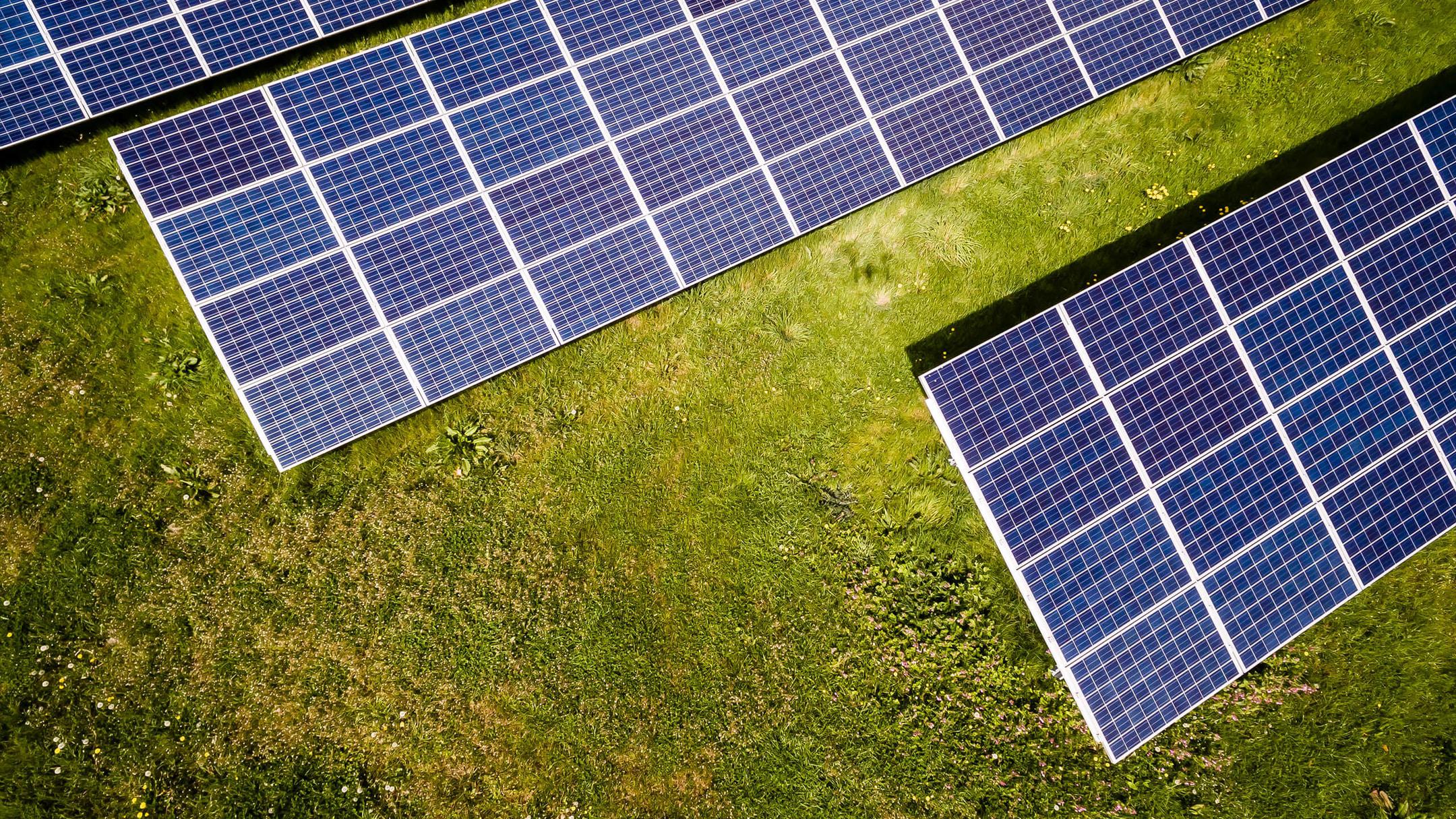Save the planet and your wallet with a new home solar installation.
Schedule My Free Consultation
Kick off your journey into the world of renewable energy with a residential solar system! With the increasing need for sustainable and renewable sources of energy, more and more people are turning towards solar power. Installing a residential solar system not only helps in saving money but also in reducing your carbon footprint.
With the price of these systems becoming more and more affordable, installing one for your home has never been easier. In this blog post, we'll be discussing 6 key things that you should keep in mind before taking on this green-energy adventure. From finding out if solar is in your budget, to determining what size system is necessary, we will make sure you have all the information needed so that when you install a solar system it meets (and possibly even exceeds!) your expectations.
Size of your house and electricity consumption
The solar panels you choose should meet your household's electricity consumption. It is crucial to analyze the size of your house, the type of appliances or electrical equipment you own, and your daily energy consumption, to determine the size of your solar panel system. For instance, a small house occupied by a couple requires a smaller solar panel system, while a big house that houses a family will need a larger system.
Efficiency and output
Efficiency is an essential factor to consider when purchasing solar panels. The efficiency of your panels determines how much energy the panel can produce under ideal conditions. Higher-efficiency panels are more expensive but, in the long run, might be more cost-effective as they tend to produce more energy per square foot of panel space.
Durability
Solar panels are a considerable investment, and it is essential to purchase panels that last for decades. Some factors to consider when selecting durable solar panels are the materials used and the manufacturer's warranty. Look for panels with a durable framework and protection against harsh weather conditions.
Installation and maintenance
Installation and maintenance are crucial factors to consider when choosing residential solar systems. It is best to hire a professional to install the solar panels, as they have training and expertise in the installation process.
Regular maintenance and cleaning of your panels ensures that they continue to operate at optimal capacity for their entire lifespan. However, maintenance and cleaning schedules will vary from system to system, and it is best to consult the manufacturer.
Financing and cost
The cost of solar panels can be overwhelming; however, the upfront cost should not discourage you from installing them. Many states offer tax credits, rebates, and incentives for installing solar panels, which help reduce the overall cost. Additionally, you can consider purchasing solar panels using financing, which will help spread the cost.
Technical support
Finally, ensure that you purchase your residential solar system from a reputable provider that offers technical support. Solar panel systems come with inverters, batteries, and other elements, and it is essential to have a qualified technical team to troubleshoot any issues that may arise.
With the right considerations and planning, residential solar systems can be a fantastic investment. When you’re discussing the installation of solar panels, ensure that you consider factors such as the size of your house, efficiency, durability, installation and maintenance, cost, and technical support. By keeping these things in mind, you can make an informed decision on the right residential solar system that can help you save money, reduce your carbon footprint, and provide energy independence. Get in touch with the experts are Solar-Verse today to get started on your project today!